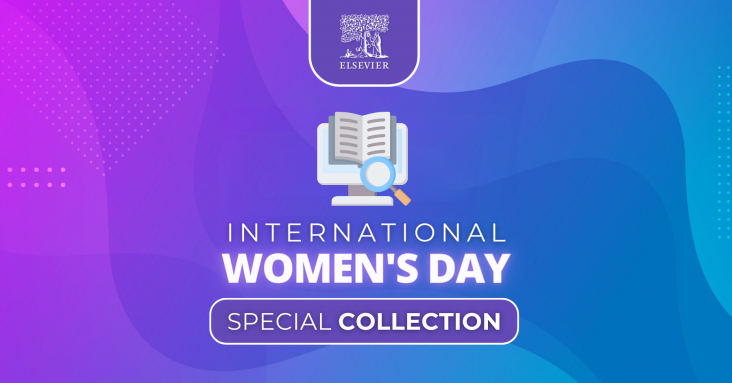Large language models (LLMs) are positioned to become another destination for those seeking medical information. Consequently, the readability of these materials becomes an important factor in ensuring their effectiveness in promoting health literacy, given that the average American reads at the eighth-grade level. Supports SDGs 3 and 10.
Access to care and contraception are both rights supported by SDG 3.
This study supports SDGs 3 and 5 with the right to abortion and access to care.
The present study aims to identify key healthcare quality attributes from primary care professionals' (PCPs’) perspective, to validate an instrument that measures PCPs’ experiences of healthcare quality multidimensionally and to define hospital quality priorities based on PCPs’ experiences.
To understand how best to help patients and improve health during an epidemic it is necessary to have good modelling techniques and protocols.
The study highlights the importance of monitoring VOC levels in indoor air associated with residential interior finishes to mitigate potential health risks, particularly regarding excess cancer risk among interior finishers in China, contributing to Sustainable Development Goal 3 (Good Health and Well-being).
Elsevier,
European Journal of Obstetrics and Gynecology and Reproductive Biology: X, Volume 21, March 2024
The right to IVF and access to care are covered by SDG 3.
This study aimed to assess the effect of exposure to organic pollutants in adults with chronic kidney disease (CKD).

To mark International Women's Day 2024, Elsevier have curated and made freely available a special collection of journal articles and book chapters to advance knowledge and understanding relating to SDG 5: Gender Equality. The special collection features research relating to inclusion and the empowerment of women and girls across a broad range of disciplines and contexts including health, climate change, natural disasters, biodiversity, smart cities, sustainable development and leadership.
This paper is about empowering women during the menopause and argues that an over-simplified narrative of menopause as a health problem to be solved by replacing hormones is not based on evidence and deflects attention from the need for substantial societal shifts in how menopause, and midlife/older women in general, are viewed and treated around the world.
